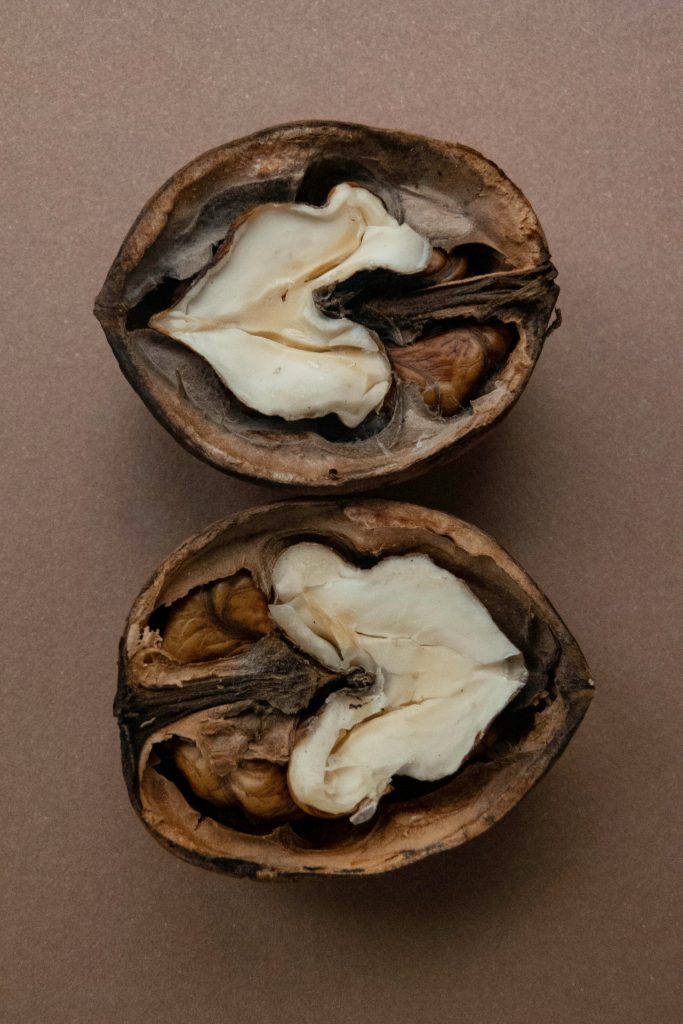
When you think of February, your thoughts may turn to matters of the heart, things like candy, romance and Valentine’s Day. But February is also American Heart Month. This national observance was proclaimed in 1964 by President Lyndon Johnson as a result of the nationwide problem of heart disease. The goal: To urge everyone to take action to achieve and maintain heart health.
Of course, the science of heart health has evolved in the over five decades since, and today we know more than ever just how powerful a healthy lifestyle is for heart health. There’s big news in the fight against heart disease, but first I want to share some exciting news.
There is a new C.F. Rehnborg Professor at Stanford University. His name is David Maron, MD. Dr. Maron is a prominent cardiologist with an impressive list of credentials. With an intense commitment to the prevention of cardiovascular disease, he is recognized as an international expert in the field, authoring more than 90 peer-reviewed articles.
In other words, Dr. Maron is on a mission to make heart disease a thing of the past.
A research leader who goes the extra distance to fight heart disease

As Chief of the Stanford Prevention Research Center, Dr. Maron follows my friend, mentor, and esteemed pioneer Dr. John Farquhar in his role as C.F. Rehnborg Professor. I know he will do a fabulous job uncovering more pieces of the proverbial puzzle to help decrease the incidence of heart disease so more people can enjoy a full life with a healthy heart.
I also know he’s willing to go the extra distance.
For example, do a quick internet search, and you may find him singing endearingly to recruit participants into one of his studies — the Ischemia Trial. He comes from a family of physicians (his uncle and a couple of his cousins are medical doctors), so you want to make sure you get the right one!
According to Dr. Maron and colleagues, some of the most important lifestyle habits you can embrace to support your heart health are:
- Don’t smoke
- Exercise
- Watch your diet
I would agree. All three of these habits are important. I’d also add that the sooner you can take action and make them part of your life, the better.
Here’s a breakdown of these key lifestyle tips for a healthy heart:
1. Don’t Smoke
There’s a good reason this habit top’s Dr. Maron’s list. Smoking is not only tough on your heart, it chokes your entire body of life-sustaining oxygen. More than 7,000 chemicals make up the toxic sludge inhaled with every puff, damaging the heart and blood vessels and increasing the risk of coronary heart disease, high blood pressure, stroke and more. This toxic combination also makes quitting hard.
Yet, if you are a smoker, one of the greatest gifts you can give yourself is to become a non-smoker. You may need a few attempts to finally quit, but the reward is huge.
Plus, you don’t need to go it alone: join a group or team up with a friend and figure out a good plan to get it done. You’ll make your heart (and your loved ones) happy.
2. Exercise
Just like any other muscle, the heart will weaken and atrophy with little use. “Use it or lose it,” as the saying goes. It’s a big reason why exercise is so important for heart health. Plus, exercise helps lower blood pressure, decreases artery-clogging “bad” LDL-cholesterol and raises “good” HDL-cholesterol.
Regular exercise also helps you stay independent as you age so you can enjoy an active, vigorous lifestyle well into your senior years. I know it works for me!
And, let’s not overlook the simple joy of movement, and how effects of a good workout carry over into the rest of your day.
How much? Health experts suggest that getting at least 30 minutes of moderate intensity physical activity on most, preferably all, days of the week is an appropriate long-term fitness goal for just about anyone interested in a healthier heart. Choose something that you enjoy and can do regularly. Perhaps have a friend or spouse join you?
3. Watch your diet
To me, a flexitarian diet is the best diet for a strong, healthy heart. This flexible vegetarian-type diet features plant-based foods, yet allows for a small amount of animal protein.
Be sure your regular menu includes vegetables and fruits in a variety of colors — red, orange/yellow, green, blue/purple and white. In this way, you will be eating a wider variety of protective phytonutrients along with fiber and nourishing vitamins and minerals. Other plant-based foods such as whole grains, beans and lentils, tubers, seeds and nuts help round out flexitarian menus.
To help fill any nutrient gap between what you eat and what your heart needs, consider adding a Nutrilite™ brand supplement to your regular routine.

In addition, when it comes to heart health, there are a few foods that I especially like. You may want to add one or more to your menu. Here’s the breakdown:
Nuts and seeds contain heart healthy fats such as mono, poly and omega-3 fatty acids that can help support cholesterol and may lower the risk of cardiovascular disease.
Salmon and other fatty fish such as mackerel, herring, sardines, albacore tuna and lake trout are a rich source of omega-3 fatty acids, which help support the health and structure of arteries and other blood vessels.
Dried beans are a rich source of fiber, particularly water-soluble fiber. This type of fiber not only helps support healthy cholesterol, but helps balance blood sugar as well.
Berries (particularly blueberries and strawberries) are rich in anthocyanins, a type of phytonutrient that provides antioxidant protection.
Garlic has been shown to have heart-health benefits.
(Francesca loves to add a good dose of fresh garlic to our meals.)

Dark leafy green veggies like spinach, kale, broccoli are rich in phytonutrients, vitamins and minerals, especially folate. This B vitamin has been shown to help support a healthy heart.
And, don’t forget: To really enjoy your meals, be sure to include lively conversation, good cheer, and perhaps a little indulgence now and again. After all, a little red wine and a piece of dark chocolate—in moderation—have been shown to have benefits, too!
I hope you’ll join me in following the research efforts of Dr. Maron and the Stanford research team as they tackle the important topic of preventing heart disease. We all deserve to enjoy heart health now and for many years to come.
Here’s to a happy and healthy heart!
Cheers,
![]()
P.S. Don’t forget to subscribe to our RSS feed and have blog posts delivered right to your inbox.


Great post, Dr Sam. As much emphasis we can put on these three lifestyle changes is better. Everyone knows exercise and balanced diet are good for health. But breaking them into more meaningful components is very useful. Thank you for sharing your experience and wisdom.